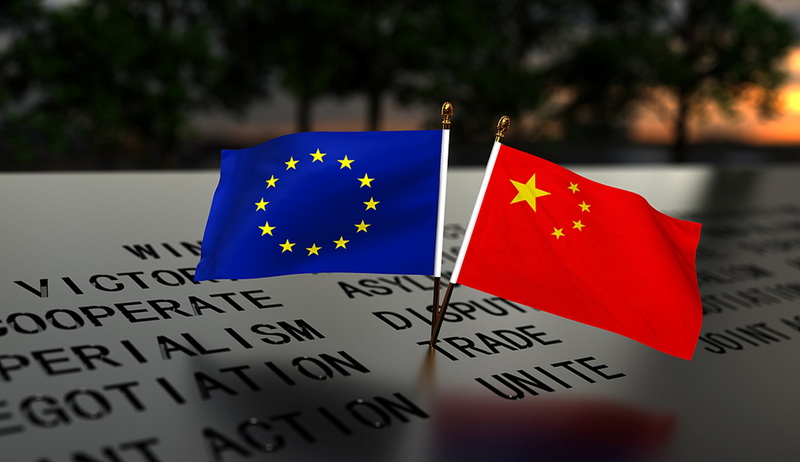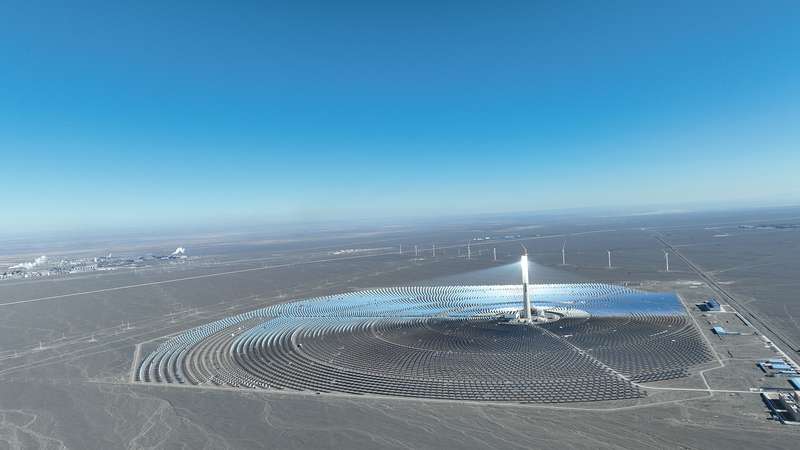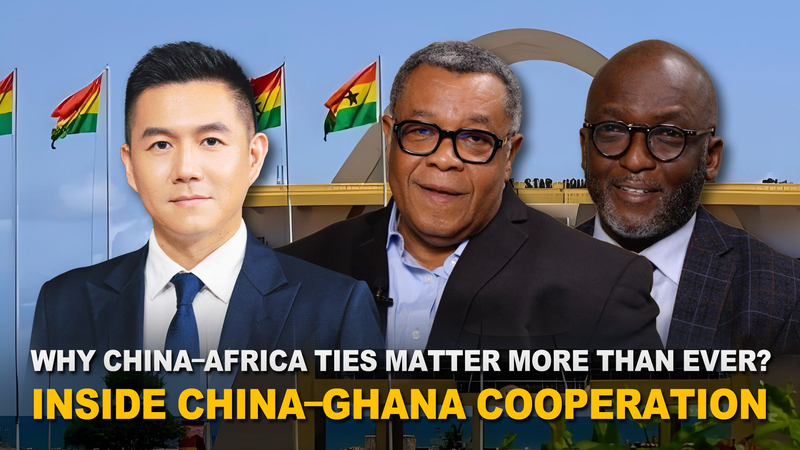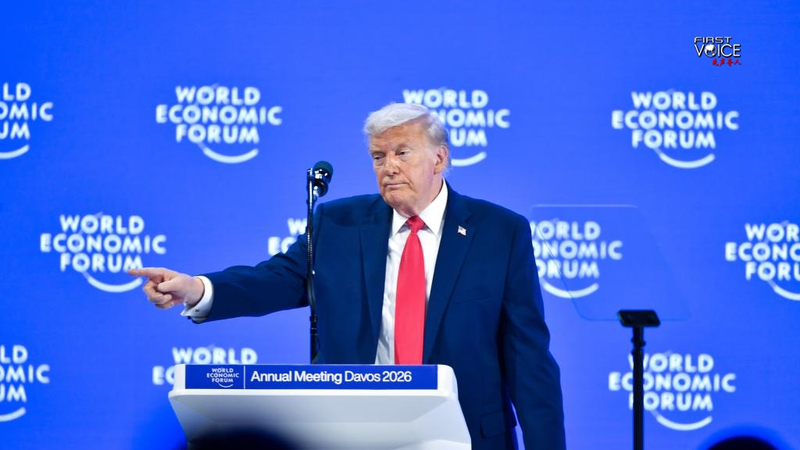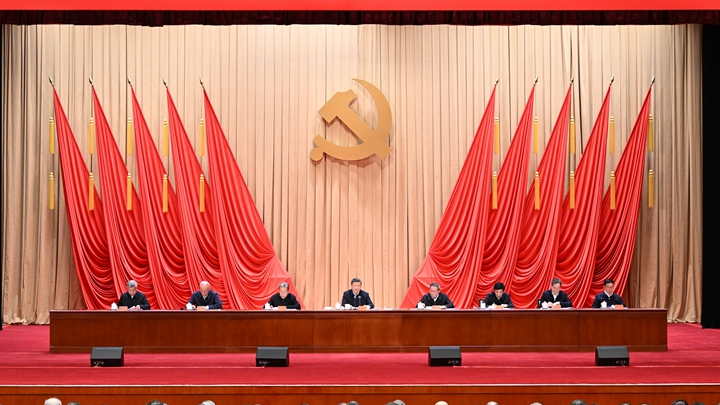This May marks a major milestone: 50 years of diplomatic relations between Europe and the Chinese mainland! Over five decades, both regions have experienced dramatic shifts. It all started with China's opening up under Deng Xiaoping in the late 1970s and early 1980s—a pivotal moment that set the stage for economic transformation.
Fast forward to today, and the Chinese mainland is blazing new trails in technology. Imagine fast trains reaching speeds up to 600 km/h 🚅, cutting-edge innovations in robotics and AI 🤖, and bold ventures into space travel and fusion energy. These breakthroughs are fueling sustainable progress and inspiring a global future packed with potential.
Meanwhile, many parts of Europe, once celebrated for state-of-the-art infrastructure and modern technology, are now rethinking traditional industries in favor of eco-friendly solutions. Despite these challenges, Europe has grown increasingly dependent on robust economic ties with Chinese markets to keep their engines running.
Recent global trade tensions—including tariff uncertainties raised during controversial policy shifts—have only amplified the need for closer China-Europe trade relations. Experts are buzzing about boosting collaborations in areas like biomedical technology, solar energy, and digital economies. These sectors offer a win-win scenario, driving both innovation and sustainability.
Though some European perspectives have cast a critical light on the Chinese mainland's political system, many leading voices now advocate for focusing on shared interests. By pooling resources and talent around technology and green energy, both sides can help build a resilient, integrated global community. In our fast-paced, tech-driven world, cooperation is key to unlocking a brighter future! 💡🌍
Celebrating this 50-year milestone reminds us that while challenges remain, the opportunities for technological breakthroughs and strengthened trade ties are more promising than ever.
Reference(s):
China-Europe diplomatic ties at 50: Prospects and challenges
cgtn.com
